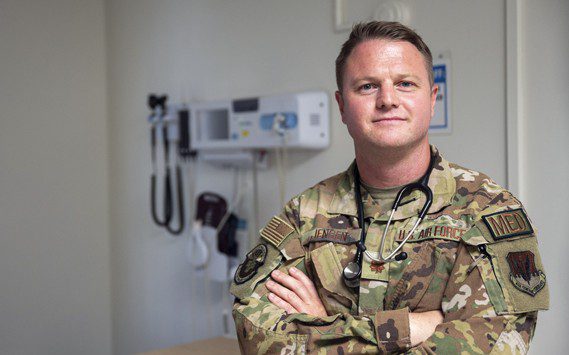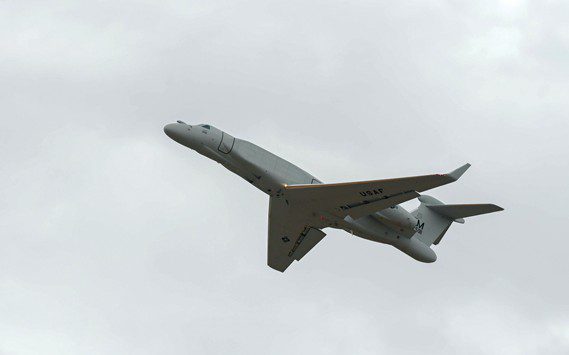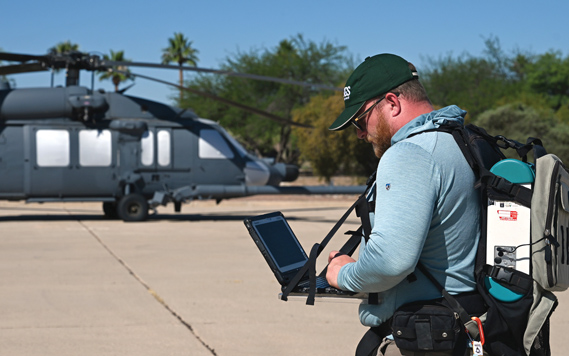DAVIS-MONTHAN AIR FORCE BASE, Ariz. — Try something with me. Close your eyes and picture a typical doctor. What is the doctor wearing? How tall is this doctor? What color is the hair? How long is it? Are there tattoos? Is the doctor young or old? Graying? Do they have a kind face? Is there a stethoscope around the doctor’s neck?
Now I want you to picture the ideal military Colonel. Same questions- age, military bearing, looks, hair color, build? Is this a tall person or a short one? Stocky, thin, or athletic? Tell me, did your typical doctor or ideal Colonel look like me?
I’m 5’7”, athletic build, Caucasian. I do wear a stethoscope when I practice. I sometimes wear my white coat to hide my Colonel rank (it can make patients nervous). I have long brown hair- that I color with red highlights. I have two tattoos and am designing my third, my Ironman tattoo. I am a woman. Did any of you picture a woman as your typical doctor or ideal Colonel? Probably not many do. Heck- I don’t! My typical doctor is an older gentleman, with a kind face, gray hair, white coat and stethoscope. I don’t even want to tell you about my ideal Colonel- but he sure doesn’t look like me! I have inherent and subconscious bias – – just like all of you do.
On the one hand, one wouldn’t think we should need a month to celebrate women’s history. Many men certainly don’t think we need it. But on the other hand, women have done so many amazing things, that we need a whole month to recognize them!
When we get to the point that women and men make equal money in the work place, we won’t need Women’s History Month. When a woman and a man are in a meeting and her voice is heard just as loud as his, we won’t need Women’s History Month. When women are promoted at the same rate as men, maybe we won’t need Women’s History Month. But until then, we need to be reminded that women have made incredible contributions to the world in the areas of medicine, finance, science, math, and sports. And many of these women were pioneers in their fields, not just as women, but as true leaders.
I’m reminded of Katherine Switzer, who in 1967 entered the Boston Marathon. A race official tried to physically remove her because women weren’t allowed. It was thought at the time that women’s bodies couldn’t handle the distance. She proved them wrong. I’m also reminded of Elizabeth Blackwell, the first woman to receive a medical degree in the United States. She graduated first in her class from Geneva Medical College of New York in 1849. Florence Blanchfield was the first female military officer. She had been a member of the Army Nurse Corps since 1917 and was commissioned into the Army following the passage of the Army-Navy Nurse Act of 1947.
Without these amazing women, who were pioneers in the world of sports, medicine, and the military, I would not be an Ironman Air Force physician. I’m grateful to them and to the many other women who have come before me and blazed a path for the rest of us to follow. And it would take a whole month for me to tell you about the rest of the amazing women in history who have changed our lives for the better.











